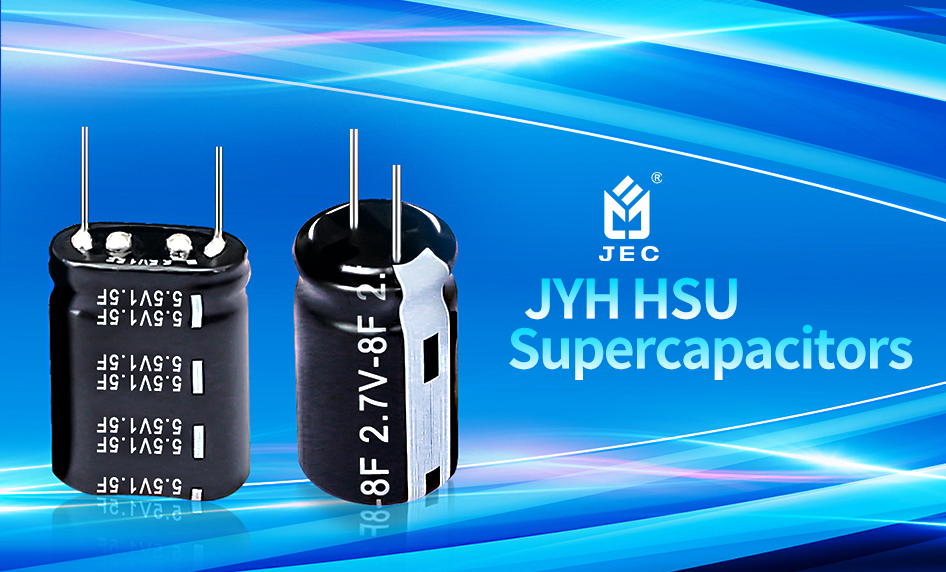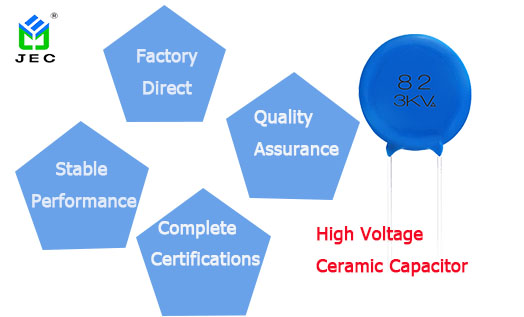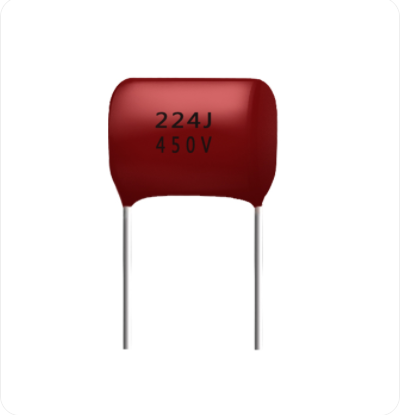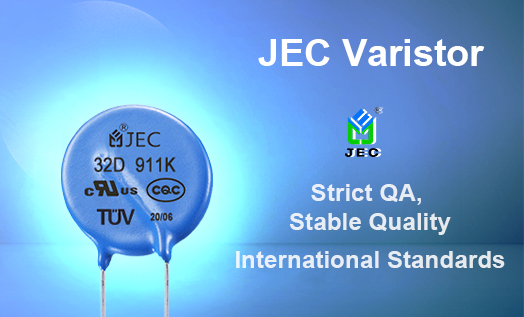Aug. 07, 2023
Super capacitors are a new type of energy storage electrochemical component, situated between traditional capacitors and rechargeable batteries. They store energy through polarizing electrolytes and possess both the discharging power of traditional capacitors and the charge storage capabilities of chemical batteries.
As an emerging energy storage device, super capacitors have garnered extensive attention and applications. So, what makes super capacitors popular?
Firstly, super capacitors have a high energy density. Compared to traditional batteries and chemical cells, super capacitors have a higher energy storage capacity. They can release a large amount of electrical energy in a short period, meeting the demands of various high-power applications, such as the acceleration and braking processes in electric vehicles. This advantage makes super capacitors perform well in certain fields.
Secondly, super capacitors have a longer operational lifespan. Since there are no electrochemical reactions involved, super capacitors are more durable during cycling compared to traditional batteries. They do not suffer from issues like corrosion and crystallization, allowing them to operate stably for extended periods without frequent replacements. This characteristic makes super capacitors valuable for scenarios that require long-term stability.

Additionally, super capacitors exhibit rapid charge and discharge rates. Compared to traditional batteries, they can release a large amount of electrical energy instantaneously. This means that in situations demanding high transient response, super capacitors can react faster and provide the required electrical energy.
Super capacitors are also an ideal choice for green and environmentally friendly energy sources. In contrast to batteries, the materials used to manufacture super capacitors have a smaller environmental impact.
Batteries contain a significant amount of heavy metals, such as zinc, lead, cadmium, mercury, manganese, etc. Due to the non-degradable and non-decomposable nature of these heavy metals, they cause severe pollution to the environment. On the other hand, the electrode materials of super capacitors usually consist of high surface area materials like activated carbon or metal oxides, which comparatively have a smaller environmental impact. Moreover, some super capacitors utilize solid-state electrolytes, avoiding the potential leakage issues associated with liquid electrolytes and reducing environmental pollution risks.
This article is provided by JYH HSU (JEC) Electronics, a manufacturer offering electronic components such as capacitors and resistors.


Advantages and Applications of Film Capacitors
Aug. 07, 2023

Why Would A Varistor Be Damaged
Aug. 07, 2023
+86 181 2299 5593
+86 18122995593
+86 769 8831 3605
Beside Luchong Bridge, Hou Road, Caibai Village, Daojiao Town, Dongguan, Guangdong, China
Navigation